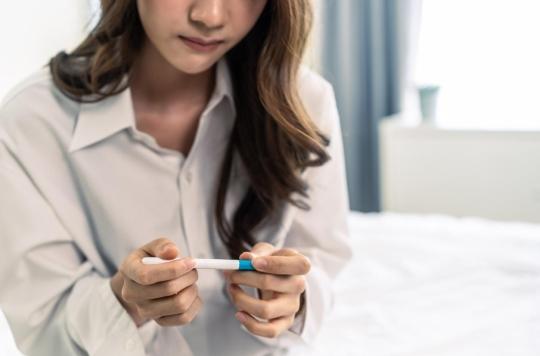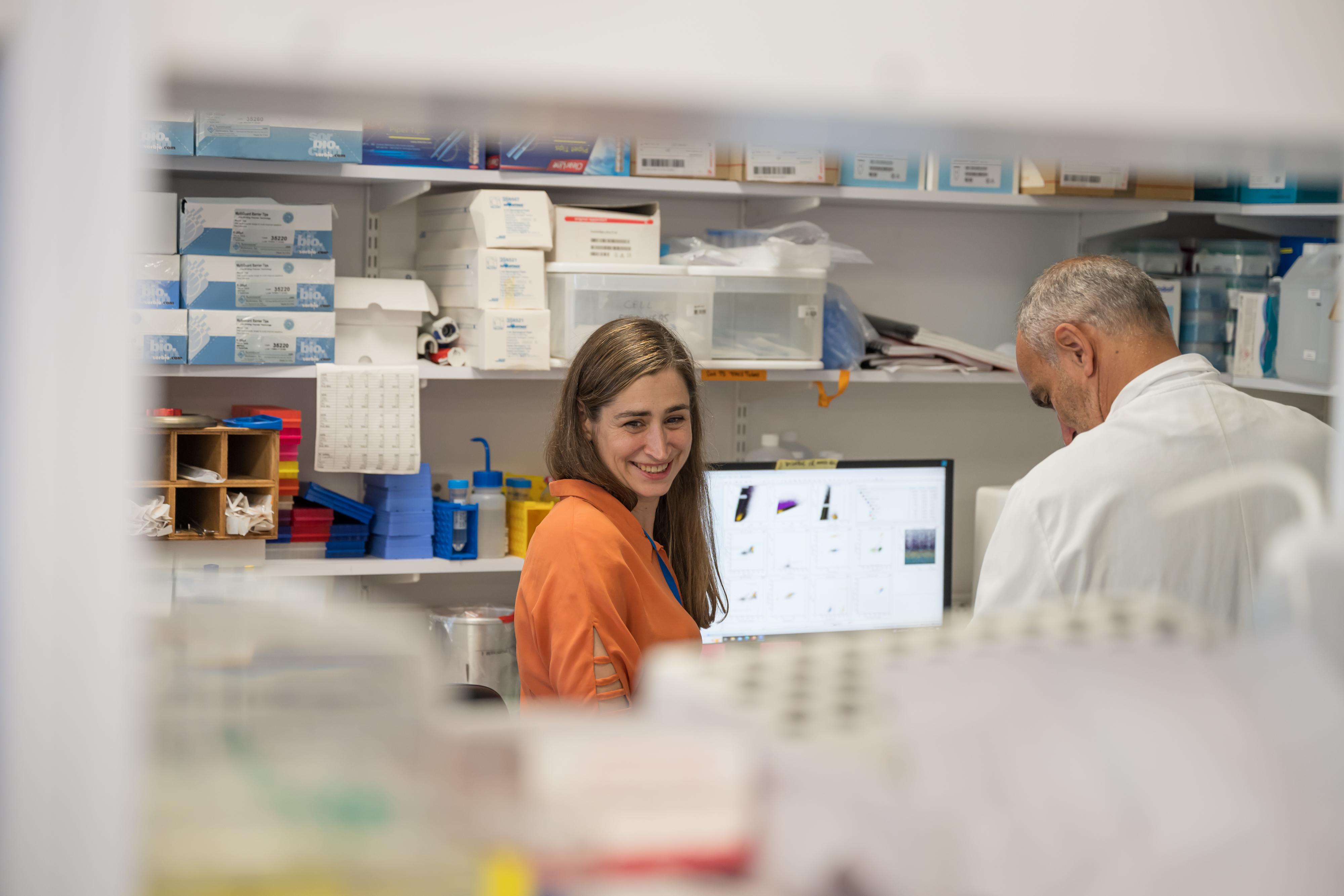Chinese researchers have studied chronic stress-related wear and tear in women wishing to become pregnant. They found that women with high levels of stress have reduced fertility compared to others.

- Women under intense stress wanting to have a baby are 45% less likely to do so than less anxious women, according to a 2016 US study published in Annals of Epidemiology.
- This new study observes a 59% reduction in fertility for women wishing to become pregnant with a high level of stress-related biological wear and tear compared to those with very low levels.
Of new research published in the scientific journal Acta Obstetricia and Gynecologica Scandinavica suggest that stress can affect a woman’s fertility, or her likelihood of becoming pregnant during a menstrual cycle.
Women with higher stress-related biological wear and tear levels are less fertile
The researchers assessed allostatic load in 444 women who were trying to become pregnant. Allostatic load (AC) is a concept that corresponds to the level of overall biological wear and tear in the face of stress: these are the physiological changes that occur in response to chronic stress. Their AC scores were assessed on nine indicators such as blood pressure, blood sugar, cortisol, norepinephrine, cholesterol and body mass index. As a result, women with higher CA scores were less likely to become pregnant within a year. For example, women with an AC score of 5-6 would have a 59% reduction in their fertility compared to those with scores of 0.
“How to objectively assess stress is a complex scientific question”
“What we found provides new ideas for improving preconception counseling. But obviously how to objectively assess stress is a complex scientific issue and how to intervene and reduce the impact of chronic stress is an urgent issue. These are all things we need to look into.”said the study’s lead author, Bei Wang, PhD, of Southeastern University in Jiangsu, China, in a communicated.
A previous study had already observed that women exposed to stress, especially during ovulation, have less chance than others of being able to conceive a child. Another research had also shown how stress could be bad for the health of pregnant women by affecting the cognitive development of the child
















